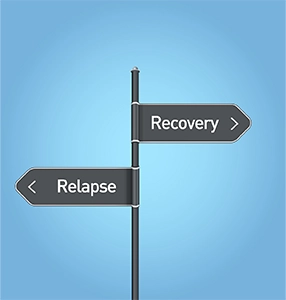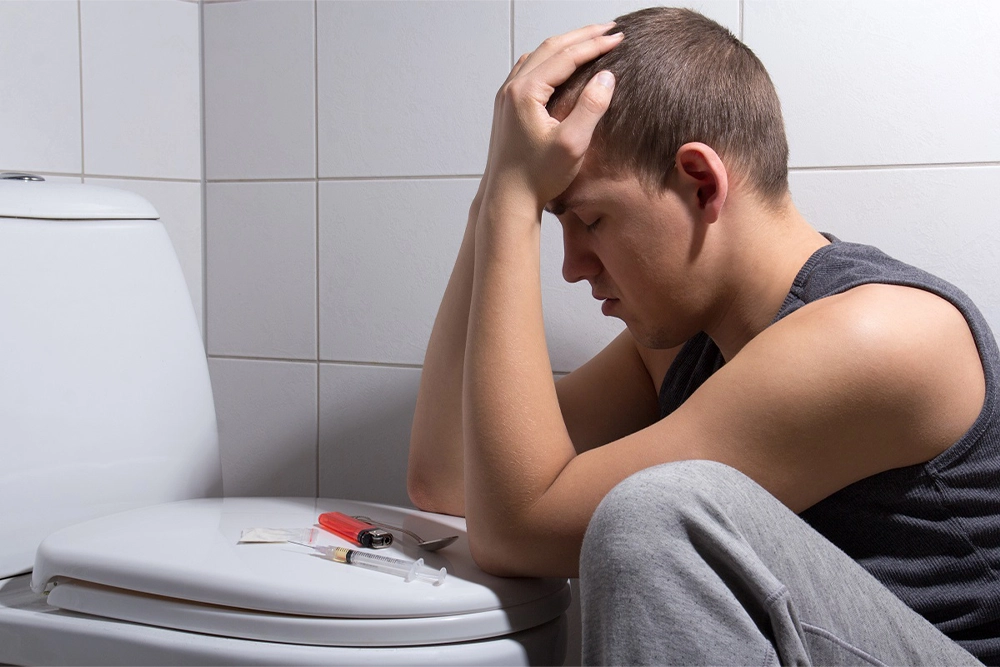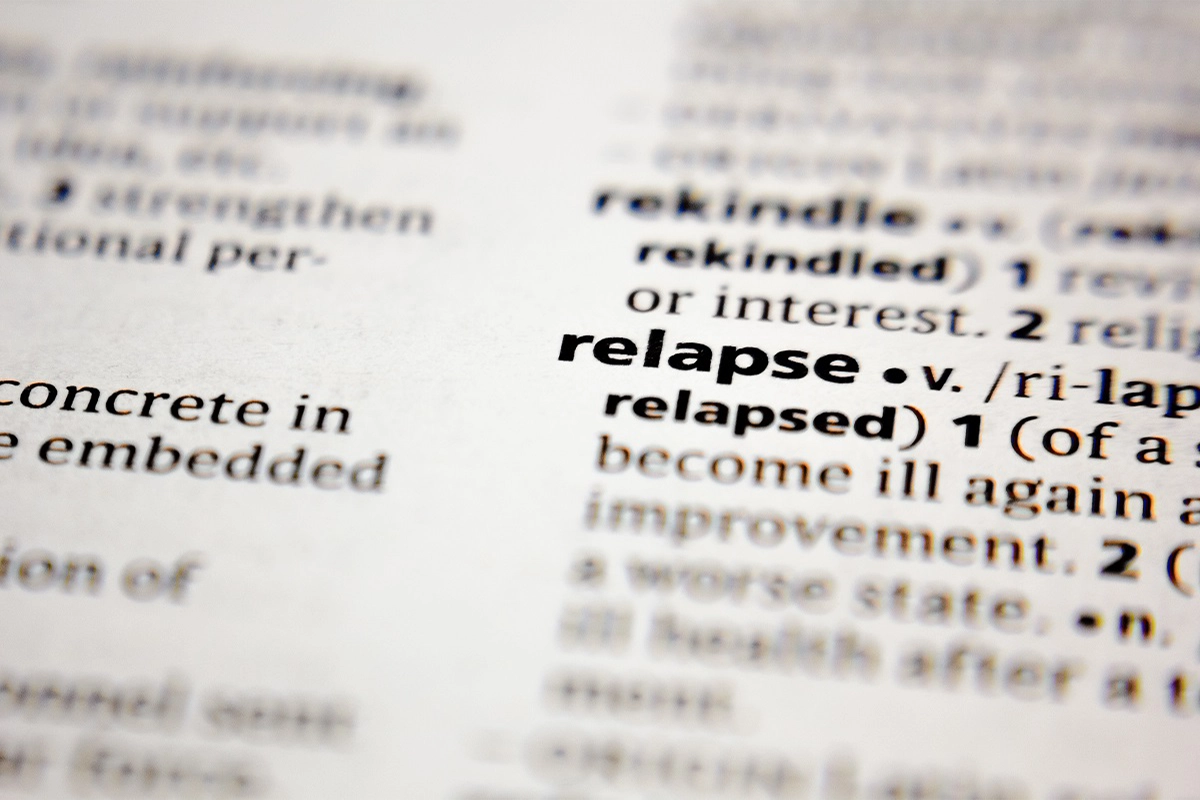There are things you need to watch out for so you can prevent relapse while recovering from addiction. Now that you are on your recovery journey, you need to work hard to make sure that you can continually get better. Even if you are fully committed to kicking the bad habits of drug use or alcohol addiction, there are still risks.
You can be sober for a few weeks or a number of years but you may still experience tough challenges along the way. People in recovery are still vulnerable to relapse because of misguided notions. An example of this is the thought that it’s just going to be “one drink.” The next thing you know, you’re back in the cycle of getting drunk or high and then regretting it and feeling angry and disappointed with yourself.
Related article: Preventing Relapse During Drug Addiction Recovery
How to Prepare Yourself
To effectively prepare yourself for the challenges that may come your way during recovery, you should have a realistic attitude. By this, it means that you should acknowledge that the addiction you’re fighting is a powerful enemy. Nevertheless, it can be defeated if you know what to do.

Understand that there have been changes in the way your brain and body works. Such changes make it difficult to break free from the cycle of drug use. But don’t let that discourage you. Know that although fighting the addiction is going to be tough, it is not impossible.
It doesn’t matter if you’ve just finished a program for addiction treatment or you’ve been sober for decades. It’s still important to be aware of the signs of a relapse. When you know that you’re about to experience a relapse, you can still do something to protect yourself and make the right decisions to avoid it from happening.
Related article: How to Bounce Back from a Relapse?
Know the Signs to Prevent Relapse During Recovery
Watch out for these signs so that you can prevent relapse from happening. You may notice them yourself. But to be sure that you are on the right track, take note of these signs and show them to someone who’s helping you out in your recovery. It’s a way for them to check if things are not going right. It can be your partner, parent, sibling, or close friend. Choose someone who sees you on a daily basis and can observe if something is different.
Becoming Unmotivated
Many people who complete their addiction treatment program are highly motivated when it comes to maintaining their sobriety. They want to straighten up and improve their lives. These individuals try their best to stick to their new activities and habits. They know that these changes can help them in reinforcing and sustaining their recovery.
Some of the activities that they are enthusiastic about are joining a support group, participating in group therapies, attending individual therapies, cultivating social activities and nourishing new healthy relationships. If this kind of enthusiasm begins to dwindle and the recovering individual no longer participates in these activities, it is highly likely that he or she is at risk of a relapse.

Becoming Stressed Out Often
Stress can be dangerous. It can trigger a relapse to happen to someone in addiction recovery. While the person was in an inpatient treatment program, they were taught strategies on how to handle stress. Such tools need to be practiced in their daily life after they’ve finished the program. They can use these to cope and deal with stress whenever it arises.
Some of the activities that can alleviate stress are working out, mindfulness practice, meditation, therapies like art therapy, gardening therapy, and journaling. These can greatly help if they’re part of the routine of the person in recovery. If they are no longer doing some or all of these things, stress could build up easily. And when stressed out, they may return to old habits such as drug or alcohol use.
Social Withdrawal
One of the most important components to ensure sustainable recovery is social support. To be able to maintain sobriety, the person in recovery needs people who can support and encourage them to keep on working towards their successful recovery. Having a good and supportive group of people can also keep the person in recovery accountable.
If the recovering individual is slowly withdrawing from these groups, it may be a sign that relapse is about to happen. Isolating oneself is dangerous because there is a tendency to ruminate or dwell over negative thoughts and feelings. And when things become too overwhelming, it is easy to think that the only way to deal with it or feel better is to do drugs or drink alcohol.
Changes in Routine and Habits
After graduating from an inpatient treatment program, recovering individuals are highly motivated when it comes to restoring their health both physically and mentally. They would establish healthier routines that they strive to follow every day. It means that they go to bed at a particular time to ensure that they get good sleep. They eat nutritious foods and avoid fatty, sugary, and processed foods. They also maintain good personal hygiene and workout as best as they can.
If they start to sleep more or sleep poorly, skip meals or eat more than the usual or are no longer diligent with the routines they’ve set for themselves, they are at risk of a relapse. It’s vital that encouragement and support are given to a person in recovery. Maybe they are disheartened or discouraged with their progress. Keep motivating them to keep going.
Takeaway
To ensure that you equip yourself with ways to prevent relapse during recovery, seek out an aftercare program. When you finish your inpatient rehab program, ask your healthcare provider about an aftercare program that you can join or participate in.

Having this kind of continuing program will strengthen your efforts to maintain sobriety. Some of the activities in this program may include counselling, therapies, exercise, and support group meetings.
You may even consider going to a sober living home for some time if you feel that you need more support before going out into the real world. It is important that you are proactive when the signs of relapse are starting to manifest.
Related article: Steps to Create Your Own Relapse Prevention Plan







